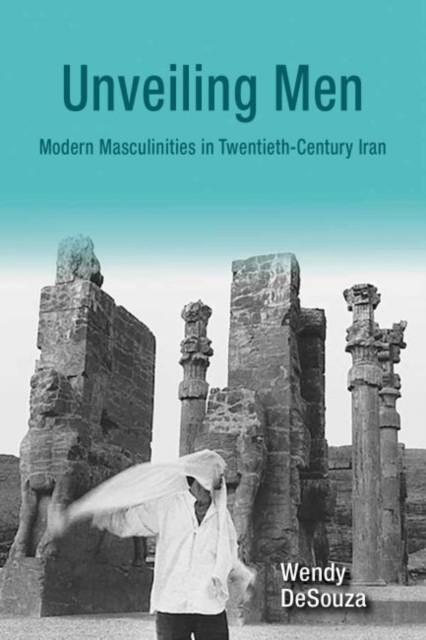
- Retrait gratuit dans votre magasin Club
- 7.000.000 titres dans notre catalogue
- Payer en toute sécurité
- Toujours un magasin près de chez vous
- Retrait gratuit dans votre magasin Club
- 7.000.0000 titres dans notre catalogue
- Payer en toute sécurité
- Toujours un magasin près de chez vous
93,45 €
+ 186 points
Format
Description
For years, Iranian academics, writers, and scholars have equated national development and progress with the reform of men's sexual behavior. Modern intellectuals repudiated native sexuality in Iran, just as their European counterparts in France and Germany did, arguing that transforming male identity was essential to the recovery of the nation.
DeSouza offers an alternate narrative of modern Iranian masculinity as an attempt to redraw social hierarchies among men. Moving beyond rigid portrayals of Islamic patriarchy and female oppression, she analyzes debates about manhood and maleness in early twentieth-century Iran, particularly around questions of race and sexuality. DeSouza presents the larger implications of Pahlavi hegemonic masculinity in creating racialized male subjects and "productive" sexualities. In addition, she explores a cross-pollination with Europe, identifying how the "East" shaped visions of European male identity.Spécifications
Parties prenantes
- Auteur(s) :
- Editeur:
Contenu
- Nombre de pages :
- 208
- Langue:
- Anglais
- Collection :
Caractéristiques
- EAN:
- 9780815635925
- Date de parution :
- 25-01-19
- Format:
- Livre relié
- Format numérique:
- Genaaid
- Dimensions :
- 152 mm x 229 mm
- Poids :
- 480 g

Les avis
Nous publions uniquement les avis qui respectent les conditions requises. Consultez nos conditions pour les avis.






